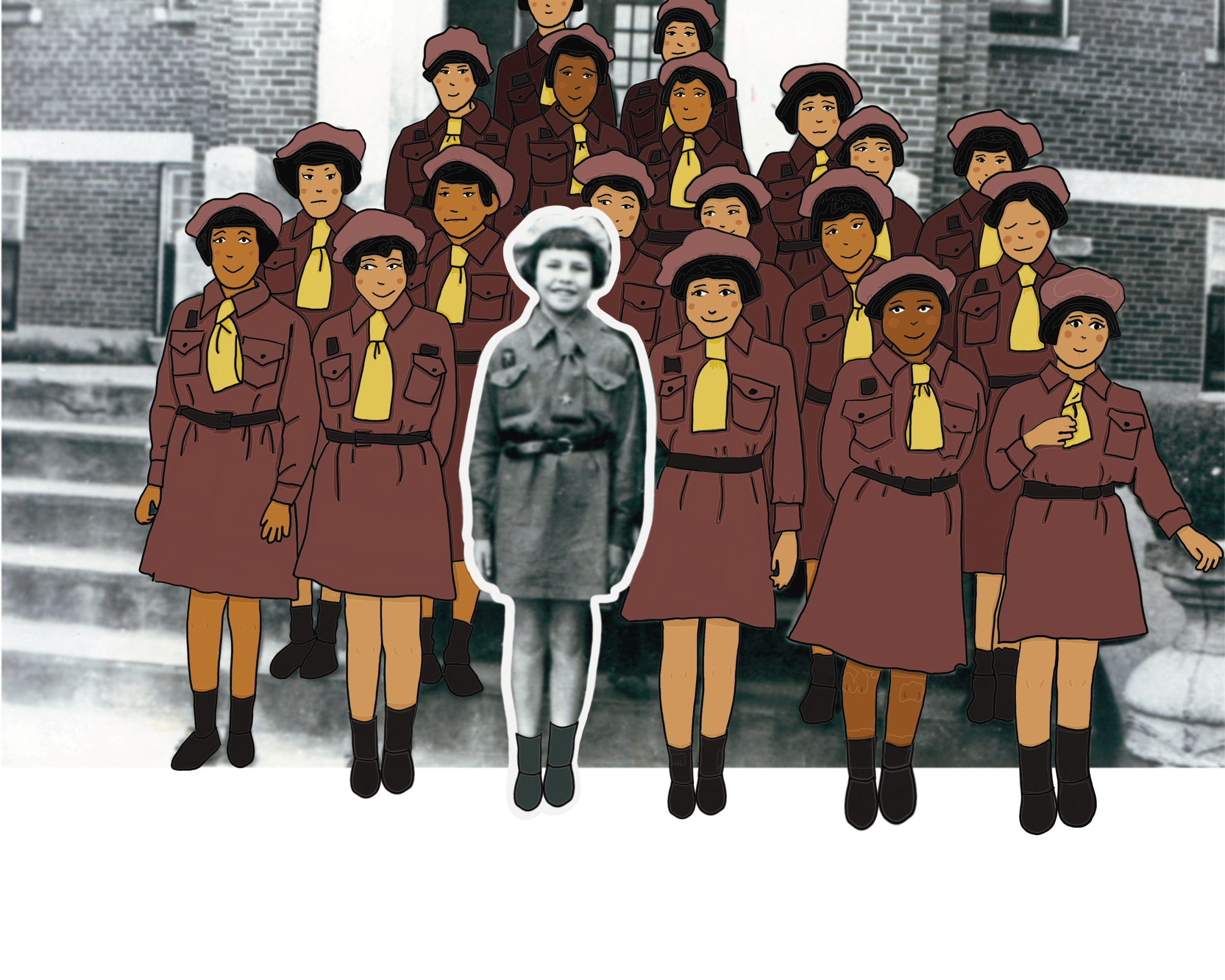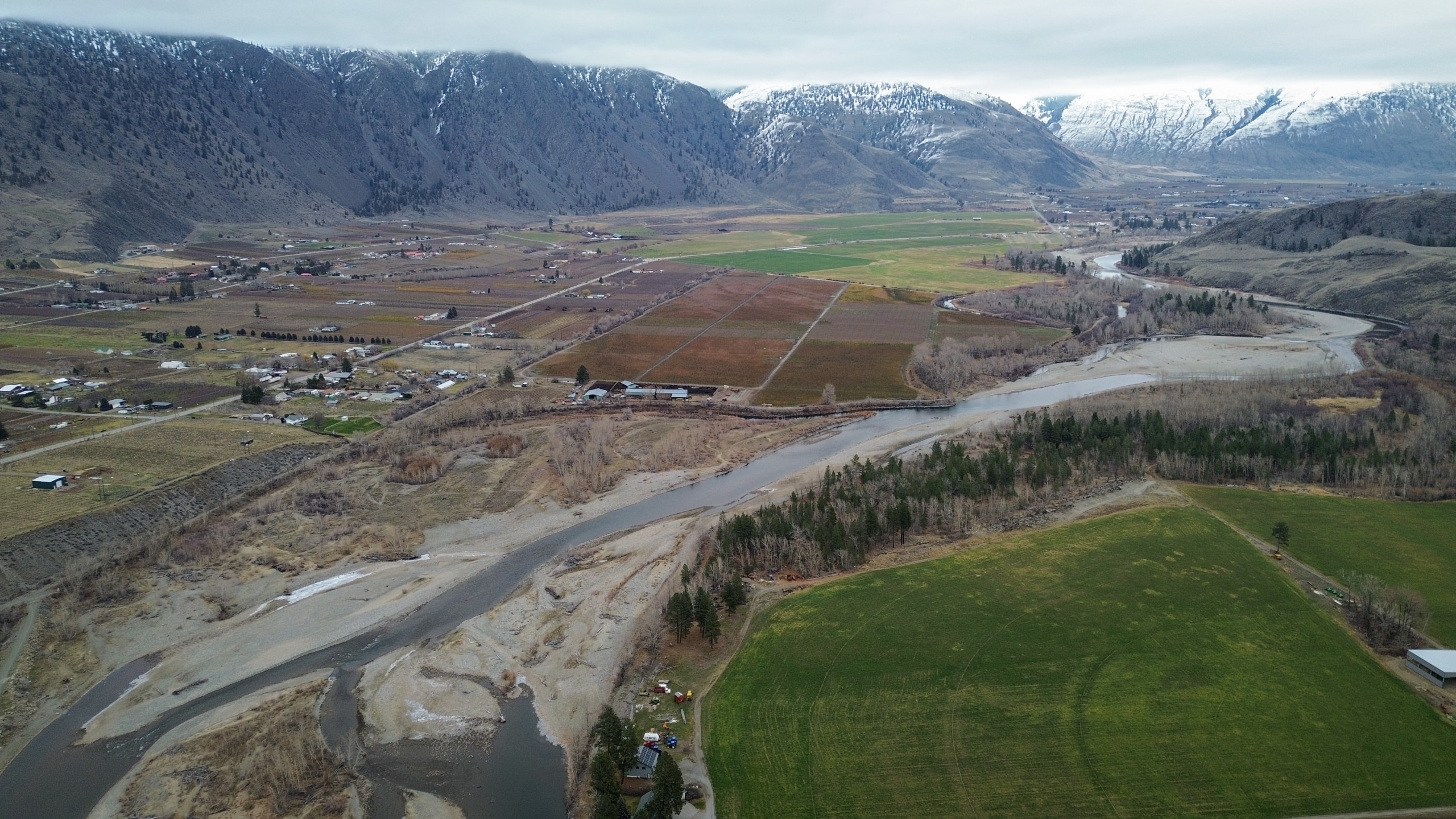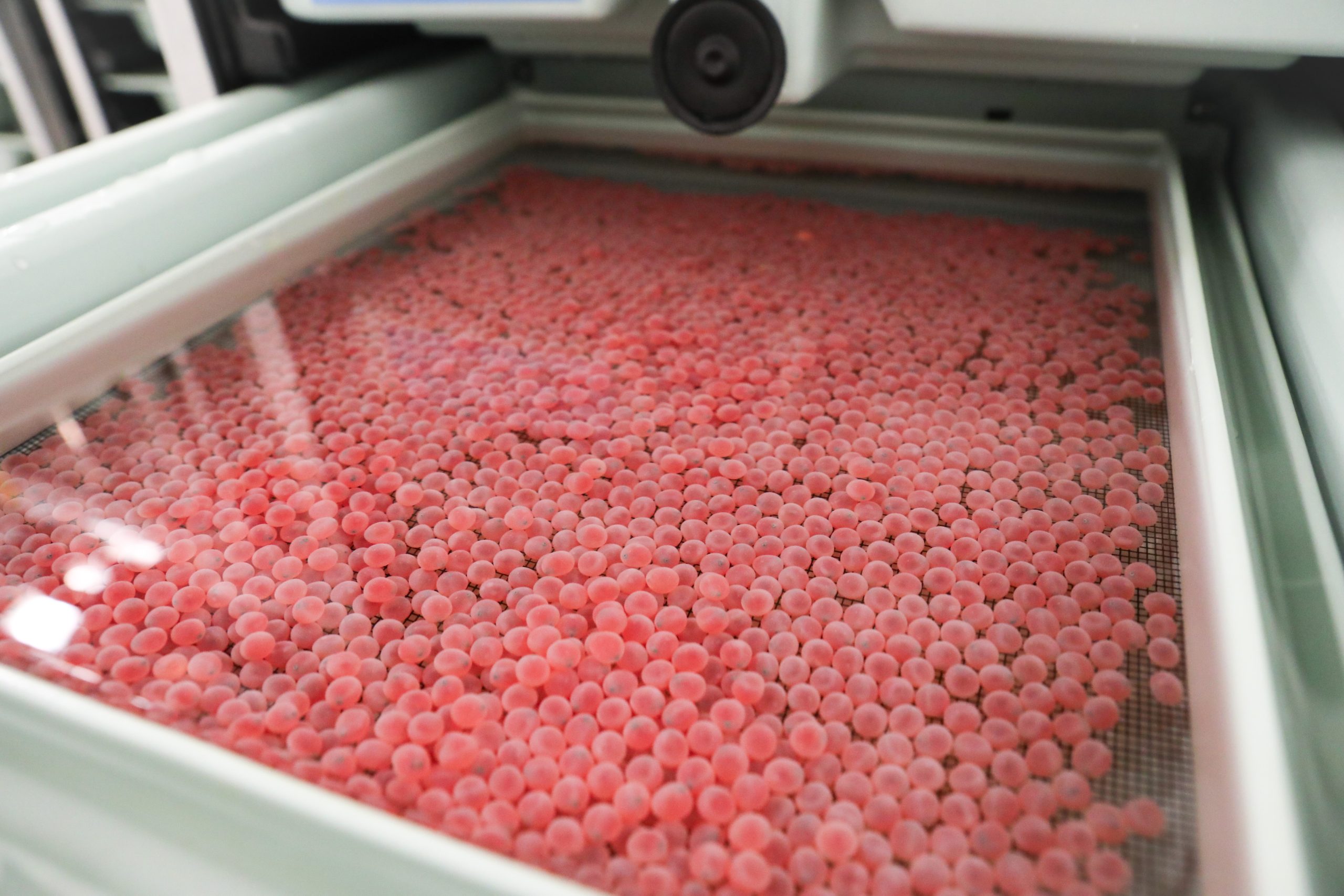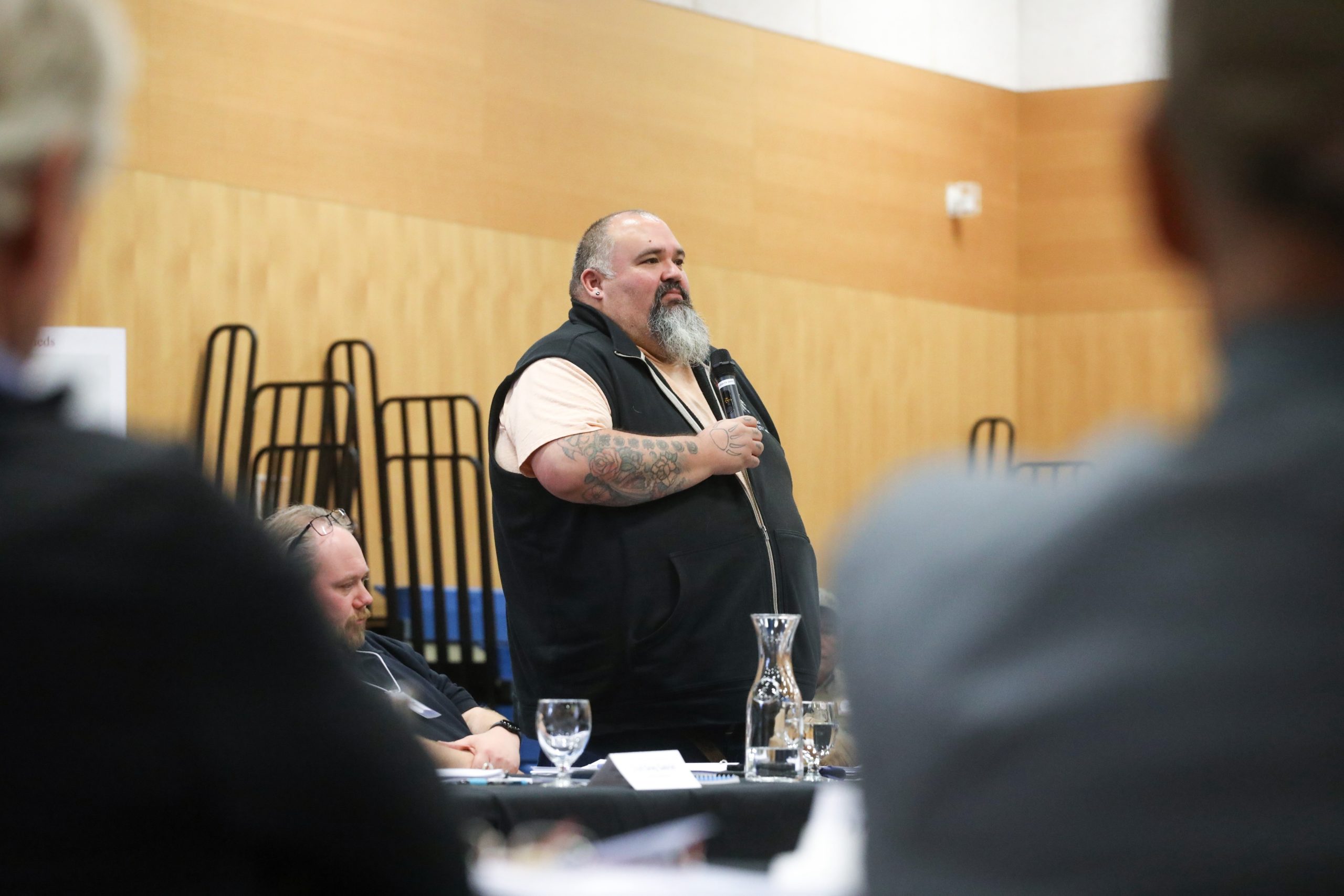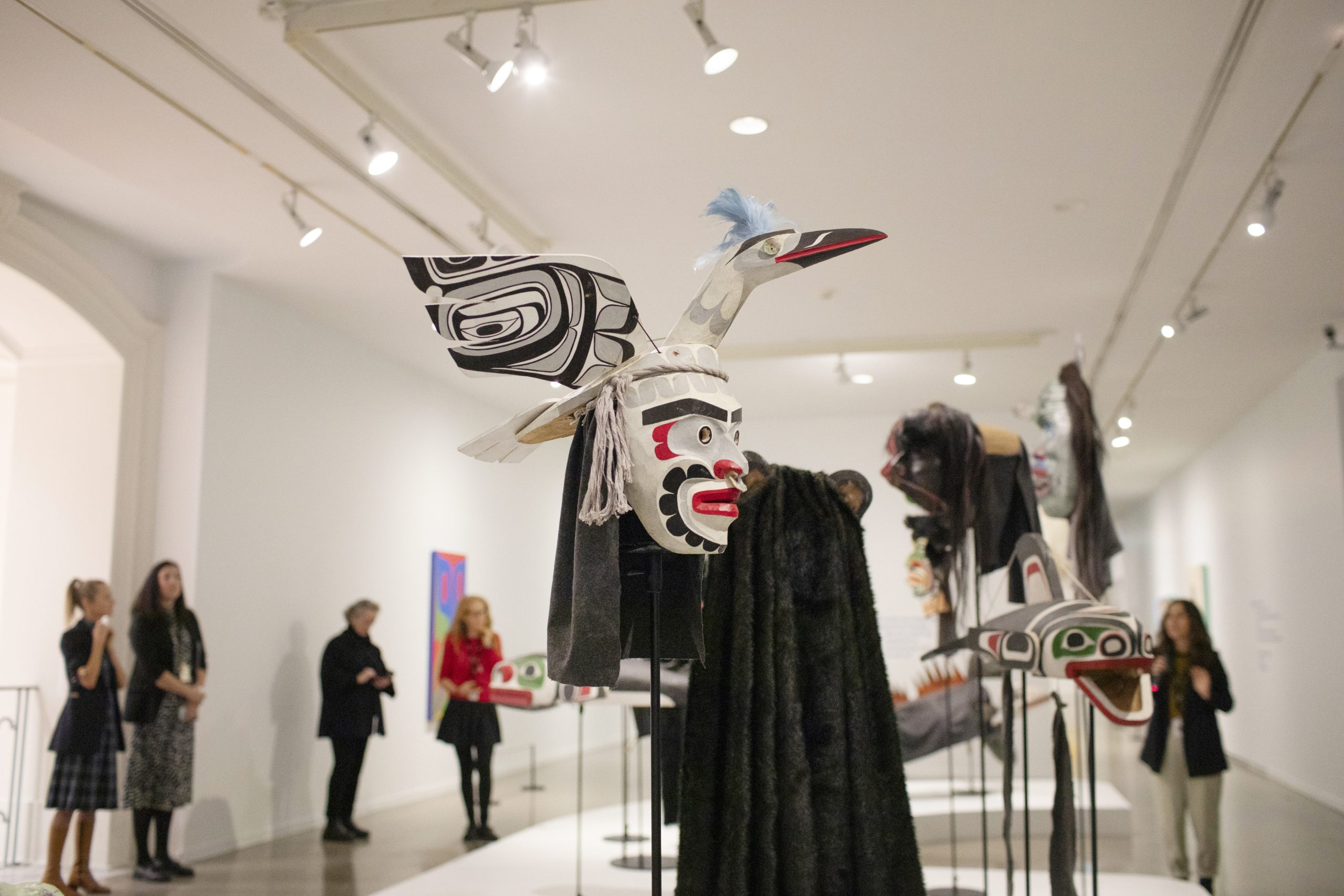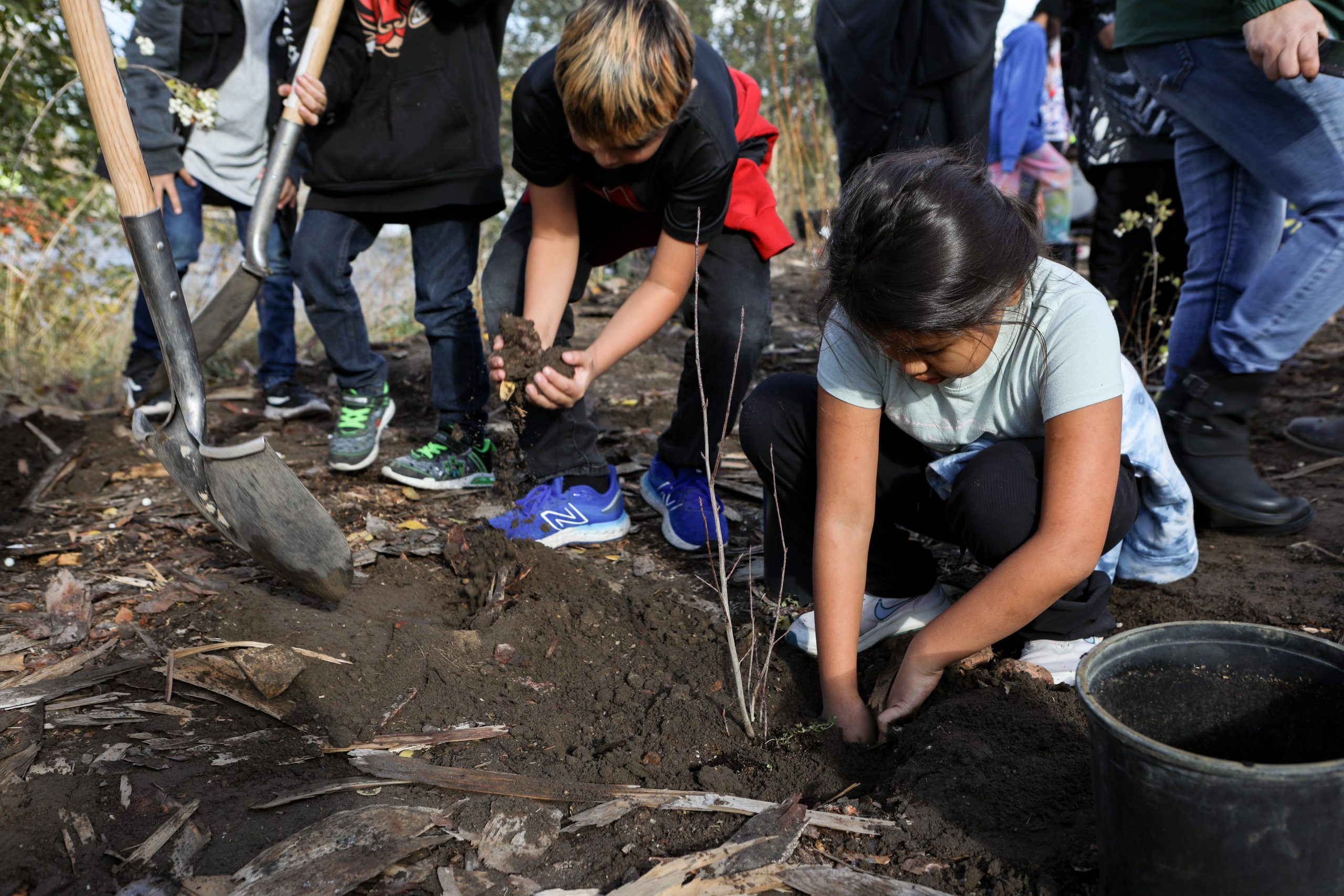Wildfires impact Secwépemc food sovereignty, but community leans on ‘trusting in our ways’
Dawn Morrison of the Working Group on Indigenous Food Sovereignty speaks about climate change and how it’s impacting living from the land


A “devastating” wildfire season has hindered Indigenous food sovereignty efforts in Secwepemcúl’ecw, experts say, with more than 40,000 hectares of harvesting lands going up in flames.
Since April 1, 2.48 million hectares of “B.C.” has burned, according to the province. Secwépemc food sovereignty advocate Dawn Morrison said in the wake of the damage, it’s become increasingly difficult to live off the land.
“42,000 hectares that was our traditional harvesting areas burned,” she said in an interview.
Morrison is the founder of the Working Group on Indigenous Food Sovereignty (WGIFS) which was formed in 2006 “for the purpose of increasing awareness of the underlying issues, concerns and strategies impacting food security in Indigenous communities,” according to its website.
The impacts directly affecting the WGIFS includes the destruction of their supplies, storage and equipment. When a fire tore through Skwlāx te Secwepemcúl̓ecw this summer, Kenny Tomma, a key member of the working group, had his home destroyed where these materials and more were kept.
Tomma is a hunter and all his supplies were burned, including winches, cooking grills used for hunting camps and pressure canners — as well as freezers full of elk, bison and salmon meat.
In the Columbia-Shuswap Regional District, 176 structures have been destroyed while 50 are partially damaged. In the Nicola Thompson Regional District there are nine structures that have been destroyed and two properties damaged. These numbers may climb as drones are being used to assess any further damage.
The Working Group on Indigenous Food Sovereignty
The WGIFS is based in the Village of Chase, and advocates for the preservation of Indigenous food systems and knowledge — something that’s also been shown to be “foundational” by national research.
“It’s those old values of learning to live with less and giving and sharing and trading and that’s the oldest economy, and it’s powerful the way it still lives on in our customs and the ways that we are taught our values,” Morrison said.
Morrison named Elders and community members that she has learned from, “those are all my teachers, those are people that kind of shaped and formed my thinking and move me to find food sovereignty as a framework to address a lot of our rights and our responsibilities to our land and our people and our culture.”
In this time of need, Morrison speaks on the knowledge from others.
“The Elders say unity is needed and systems of colonization have really divided us,” she said.
“I think being a grassroots voice and being women and grandmothers is really important to, to come from that place of healing and heart and caring for each other.”
Morrison describes the destruction of the land as, “pretty devastating” to watch it burn. Now she says their focus is what they can do to protect the land that was not burned.
“Protecting it is a lot through ceremony too and just trusting in our ways,” she says about the vast areas that were left untouched.
On rebuilding after the fires and getting help from the community Morrison said, “we really try to work from that heart-centered approach to just healing the divisions amongst us.”
Morrison adds that when healing occurs, we need to profile that because of “what we’ve lived through and overcome” and the ability to keep going is due to our “values in our language and just our way of being in our culture.”
Morrison speaks of the generosity of others during this time of rebuilding, saying that people are “activating our network, so caring and sharing to get donations or funding to support whatever’s needed in communities.”
The communities have already been getting help as 50 chest freezers were divided amongst households in multiple communities to help members begin to rebuild after they returned home. Since not all affected households received these appliances, the working group is fundraising for refrigerators and freezers for community members who had their power turned off during the evacuations which led to food waste and the need for these new appliances.
The North Shuswap Lions Club was also giving back to communities by supplying houses with a food box for residents from some of the affected communities.
Indigenous-led food sovereignty
Morrison said, when it comes to addressing climate change, Indigenous voices need to be given more weight.
For example, she believes that the United Nations’ Intergovernmental Panel on Climate Change (IPCC) needs to focus on more practical, on-the-ground solutions.
“I feel like Indigenous peoples aren’t given enough voice or vision in the IPCC or in many other forms where governments; municipalities, provincial governments are identifying climate [change].”
In their reports, the IPCC notes the effects of climate change for Indigenous peoples in regards to food security.
“North American food production is increasingly affected by climate change (high confidence), with immediate impacts on the food and nutritional security of Indigenous Peoples,” states the report Climate Change 2022: Impacts, Adaptation and Vulnerability.
When discussing the efforts being made by the governments of “B.C.” and “Canada,” Morrison commented that many of the strategies are “agriculture-centric” such as an initiative promoting growing cherries further north into the Okanagan to adapt to a warming climate.
While Morrison agrees this is adapting to climate change, she also thinks, “it’s just promoting more large scale monoculture industrial agriculture, that is a climate-driver in the ways that it destroys biodiversity.”
“It releases huge amounts of carbon into the atmosphere through the plowing of large tracts of land,” she added.
“And then, of course, chemical reliance on chemical inputs to grow the food, and then feeding the large global export for trade so that the food’s being transported all over the world. It’s not about food for B.C., or for citizens here, it’s really feeding a global export for trade and it prioritizes that.”
Instead, she said, all people need to feel a sense of responsibility — and that crises can push people to want to make a difference.
“I don’t think that we’re really putting the onus on the society and the culture,” she said. “But until we have structural change, like Naomi Klein says, we’re still stuck in a capitalist, corporate elite framework.”
During these mass environmental disasters, Dawn wonders, “if meaningful climate action is actually really going to happen at a time where it’s needed most.”
Morrison noted that she is just starting to step into an Elder’s role, which comes with a new sense of reflection.
“But just reflecting just in my own life, is that most social change has taken a crisis, but I kind of worry, I mean, I kind of already see it with, I guess, the quickening of the world and the use [of] the huge consumption of energy to grow our own food, to transport it, to purchase it.”
Author
Latest Stories
-
Children’s book tells residential ‘school’ story from a kid’s perspective
‘Shirley: An Indian Residential School Story’ — released today — was written by Joanne Robertson with, and about, Elder Shirley (Fletcher) Horn


